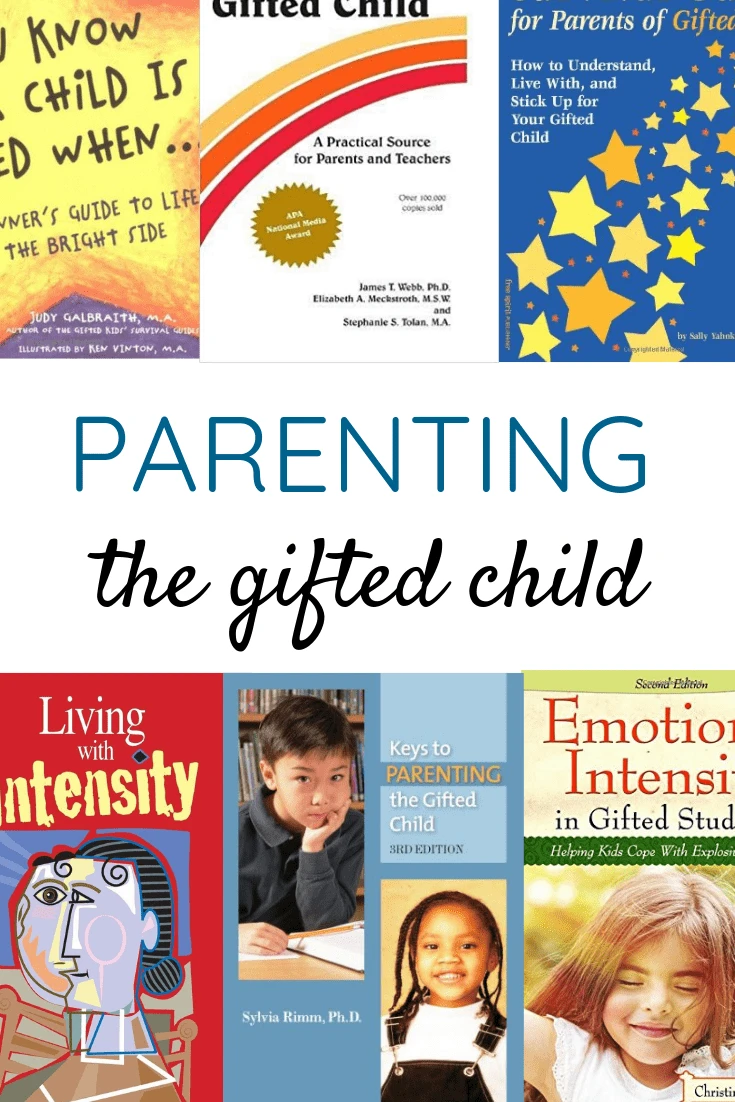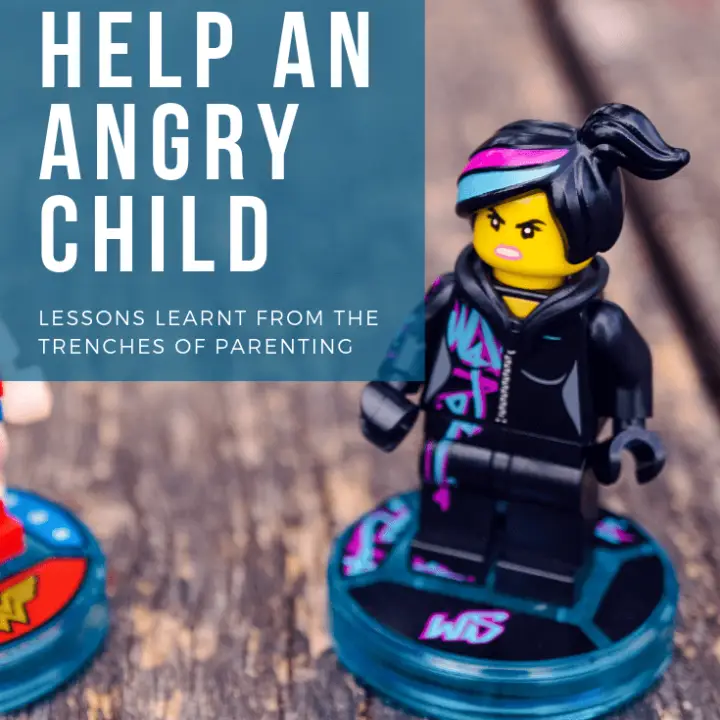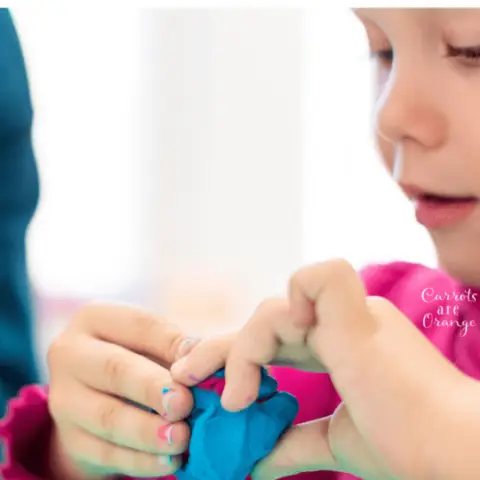Thrown around quite often, what does the gifted mean, especially when it comes to learning and behavior? The characteristics of gifted children might surprise you. Not always cheerful, characteristics of gifted children often present challenges for the child, teachers, and parents.
The National Association of Gifted Children states, “Gifted people are those that display outstanding levels of aptitude and competence in one or more disciplines.”
This definition is quite broad, and it encompasses a wide range of characteristics that parents, tutors, and psychologists use to recognize giftedness in children.
Related Read: Learn why my son skipped 2nd grade

What is a Gifted Child?
So you think you have a gifted preschooler? Or maybe you might have dismissed many other behavioral traits for something other than your child is exceptional.
Testing for Giftedness
You might come to the point where your doctor refers you to a neuropsychologist who will do comprehensive tests. IQ tests for gifted children are typically one aspect of a complete set of tests measuring other areas such as social & emotional intelligence, attention, executive functioning skills, and so on.
This is an excellent example of looking at gifted children through a holistic lens. Often behavioral obstacles such as anxiety, impulsiveness, and depression manifest as a result of being out of sync with peers, schoolwork, and so on.
Related Resource: Best Tip to Connect with a Child

Common Traits of Gifted Children
Some of the most common traits of giftedness are intense curiosity, rapid mastery of basic skills, advanced reading ability, and a keen sense of humor. Being labeled as gifted usually occurs when the child is in school. If they are flagged as being potentially gifted or talented, they are subjected to further testing.
Many parents opt to have their kids tested by psychologists. Private testing is costly but is usually more comprehensive. Testing is necessary as there are times when giftedness can be confused for a learning disability or other misdiagnosis.
This article contains what you need to know about identifying and dealing with giftedness in a child.

What Does It Mean to Be a Gifted Child?
The common understanding of being gifted revolves around being bright and having high potential. Any definition of giftedness usually focuses on capability and achievement as the primary identifiers of giftedness.
The federal definition of giftedness which was developed in the 70s and is known as the Marland report, focuses on ‘high achievement capability.’
Characteristics of a Gifted Children
As mentioned earlier, the term ‘gifted’ has been thrown around so much in public circles that it is misused and misunderstood. Traits of giftedness in kids manifest themselves in various ways, some positive and others are undesirable.
This is why it is essential to consider several factors before labeling a child as gifted.

The following are the most common characteristics of a gifted child:
Verbal Ability
A gifted kid often begins verbally communicating at a very early age while using advanced vocabulary. This is why they are sometimes called ‘precocious’ due to their language.
This advanced verbal ability makes these children early talkers and avid storytellers with an extensive and precise vocabulary.
They usually choose their words carefully but have a diverse range of words. These children usually find it difficult and frustrating to talk to children their age and will often turn to older kids and adults to converse.
Information Processing
Another sign of a gifted child is their unusual capacity for processing information. Gifted children process information much faster and more accurately than their peers.
This allows them to master subjects such as reading and math much faster than their peers. Consequently, it becomes much harder to keep such an individual challenged in a typical school setting. As a result, some gifted kids may disrupt classrooms due to boredom or become impulsive.

Highly Curious
This is one of the most common characteristics of a gifted child. Such children dive into subjects of interest with a passion that is not typical of children their age.
This is why it is not unusual for such a child to learn things such as the statistics of every player on a sports team or the names of all dinosaurs at a young age.
Gifted children often exhibit a deep absorption in activities that interest them. Parents of gifted kids will often take their children to the library or online to help them look for knowledge, facts, and statistics.
Memory Retention
Gifted kids can absorb information much faster and retain it for longer than their peers. This is facilitated by their enhanced ability to process information quickly. They acutely understand what they are learning, allowing them to store it for efficient recall later.
When you combine their fast processing capability and high memory retention, they go through entire subjects in a concise time. Teachers and parents often find it difficult to present information to these children at their ideal rate.
Persistence and Intensity
These kids are intense in everything they do. They immerse themselves fully into a subject, allowing them to collect massive amounts of information quickly. This intensity can also manifest itself in their social interactions. However, they also tend to show compassion more profound than their peers.
Their persistence, however, may also work against them when they encounter a problem they cannot solve easily or a subject they cannot master quickly.

Sense of Humor
Most people find gifted kids enjoyable to have around since they usually display a sense of humor well beyond their years. Such kids typically appreciate the more subtle types of humor, such as satire. Also, they enjoy wordplay, such as puns are usually quite good at using these comic routines.
Sense of Justice
A gifted kid will often display a strong sense of justice, which usually sees them having high expectations of themselves and others. This strong moral compass allows them to constantly make good choices, making most of them influential leaders.
However, this desire for justice and fairness in all situations means they are usually unwilling to compromise. This can make it difficult for them to create long-lasting relationships with others.

Strong Imagination
This is one of the most shared traits among gifted children. Such a child will display high creativity and originality in their written, oral, and artistic expressions. They may also spend a lot of time fantasizing.
Observant
Gifted individuals usually pick up on details more keenly than their peers. In any activity, whether watching a movie or reading a book, gifted children typically notice the minor details that others might miss. This level of attention to detail is often the cause of conflict between them and others.
Problem-Solving
Another glaring sign of a gifted child is their love for problem-solving. Most gifted children are usually in their element when breaking down a complex issue and coming up with a solution that no one else has thought of. There is nothing they love more than finding answers.

Tests for Gifted Children
Identifying gifted children can be an essential part of helping them to reach their full potential. Testing for giftedness provides parents, teachers, and administrators with a chance to identify those students who may have special academic needs and adjust their curriculum accordingly.
This helps gifted children excel in the classroom by giving them access to materials and activities that are tailored to suit their giftedness. With these support tools in place, gifted children can feel confident in their abilities while still challenging themselves academically and growing into the learners they were meant to be.
Wechsler Intelligence Scale for Children [WISC-V]
The WISC-V test is designed to measure gifted and high-ability children's intellectual functioning. It considers both verbal and nonverbal components such as memory, fluid reasoning, quantitative skills, and more.
Through the administration of the test by a trained professional, parents and teachers can gain insights into children's strengths and weaknesses that can inform decisions in education planning and intervention. Ultimately, it allows gifted children to have their individual needs met in the most suitable environment for their development.
Clinical Evaluation of Language Fundamentals – Fifth Edition (CELF-5)
The Clinical Evaluation of Language Fundamentals – Fifth Edition (CELF-5) is a comprehensive tool designed to assess language in an increasingly diverse population. It provides thorough assessment measures for speech and language development in children ages birth through 21 years.
Grouping related subtests together give an efficient measure of an individual's overall language ability and can also help identify gifted kids as well as those with learning disabilities. Through its expansive coverage of receptive and expressive abilities, CELF-5 effectively captures clinically relevant language skills for varied age groups in a range of contexts, resulting in meaningful profiles that can inform intervention decisions.
Beery-Buktenica Developmental Test of Visual-Motor Integration – (VMI-6)
The Beery-Buktenica Developmental Test of Visual-Motor Integration – Sixth Edition (VMI-6) is a comprehensive assessment that measures an individual's ability to perceive, integrate, and coordinate visual information with their motor skills. It is often used to assess gifted children by examining fine motor coordination, visual perception, and eye-hand coordination among other areas.
As such, it can provide parents and teachers with important insights into how gifted children are coping with visual-motor tasks as they relate to academic performance. The VMI-6 can also help educators to identify gifted kids who may have difficulty maintaining or achieving age-appropriate levels in these particular activities.
Child and Adolescent Memory Profile (ChAMP)
The Child and Adolescent Memory Profile (ChAMP) is an inventory of gifted kids' memory skills that were developed by State University of New York (SUNY) psychologists. It looks at a variety of important memory processes, such as recognition, recall, encoding, and retention.
By examining issues related to details, organization, problem-solving strategies, and working memory among gifted children, the ChAMP provides invaluable insights into how gifted kids remember information. Psychologists use this tool to develop interventions designed to maximize gifted children's learning potential.
Furthermore, parents can also use the ChAMP to identify their gifted child's memory profiles and abilities and have conversations with their school about maximizing those abilities through appropriate curriculum choices.
Test of Variables of Attention (T.O.V.A.)
The Test of Variables of Attention (T.O.V.A.) is a computerized assessment tool designed to aid in the evaluation and measurement of attention issues in people ages 4 to 80.
This helpful assessment allows clinicians to look at objective variables, such as how long an individual is able to sustain an attention span and assists gifted kids that require challenging behavioral and cognitive interventions since they often suffer from these issues.
Since its development in 1983, the T.O.V.A has become a popular option amongst psychologists as it provides accurate results with detailed data measurements, considerably aiding mental health professionals in their treatments and diagnoses.
Delis Kaplan Executive Function System (DKEFS)
The Delis Kaplan Executive Function System (DKEFS) is a flexible assessment tool used to measure executive functioning in gifted kids. It helps to identify areas where improvement could be made, such as the ability to focus, organize ideas, and assess the sources of their own behavior.
By measuring executive functioning skills such as inhibition, shifting, and working memory, DKEFS can help gifted kids better understand their strengths and weaknesses, build on their strengths, and use strategies to improve potential problem areas.
It is also beneficial for parents and educators as it offers a comprehensive view of gifted kids' performance that can be used to create individualized learning plans or support services.
Tower of London – Second Edition, Drexel Form (TOL-2-DX)
The Tower of London – Second Edition, Drexel Form (TOL-2-DX) is widely used in gifted and talented identification tests for children. TOL-2-DX assesses a range of cognitive abilities such as complex problem-solving, verbal reasoning, memory, and spatial organization.
It provides educators, psychologists, and gifted program personnel with reliable tools to obtain an understanding of giftedness among learners. Through this evaluation tool, they can identify gifted children who possess the same extensive capabilities individually or across multiple subject areas, allowing them to be recognized as gifted.
Gift & Talented Resources for Parents
Raising a gifted child is no easy endeavor. Their gifts cause unique challenges as their needs will not be the same as that of an average child. Parents with such children can utilize the following resources:

Books for Raising Gifted Children
The following books will prove beneficial when raising a gifted individual
- Keys to Parenting the Gifted Child
- The Survival Guide for Parents of Gifted Kids
- Guiding the Gifted Child
- Parents' Guide to Raising a Gifted Child
- Living with Intensity
- Emotional Intensity in Gifted Students
Labeling a child as gifted is a complex process that involves keen observation and objective testing. If you discover giftedness in your child, take the necessary steps to ensure that her needs are met.





